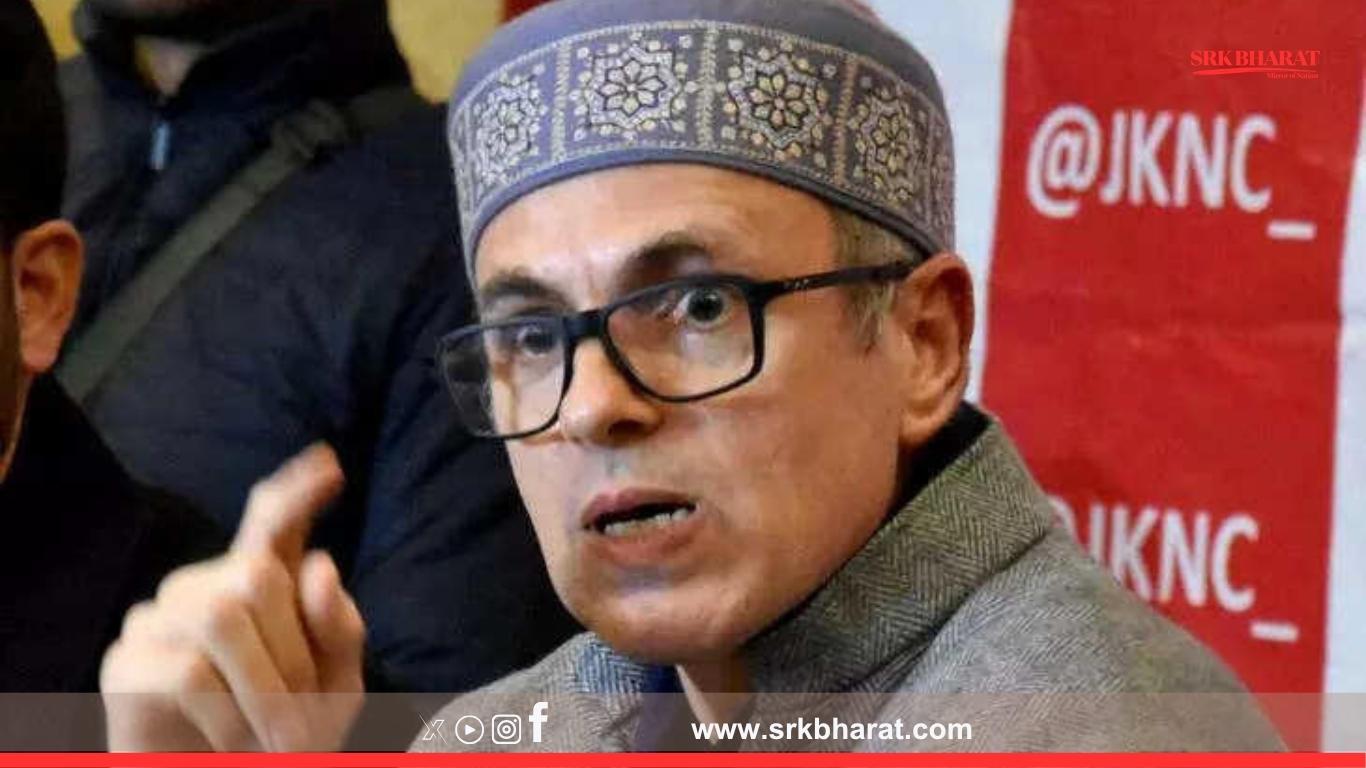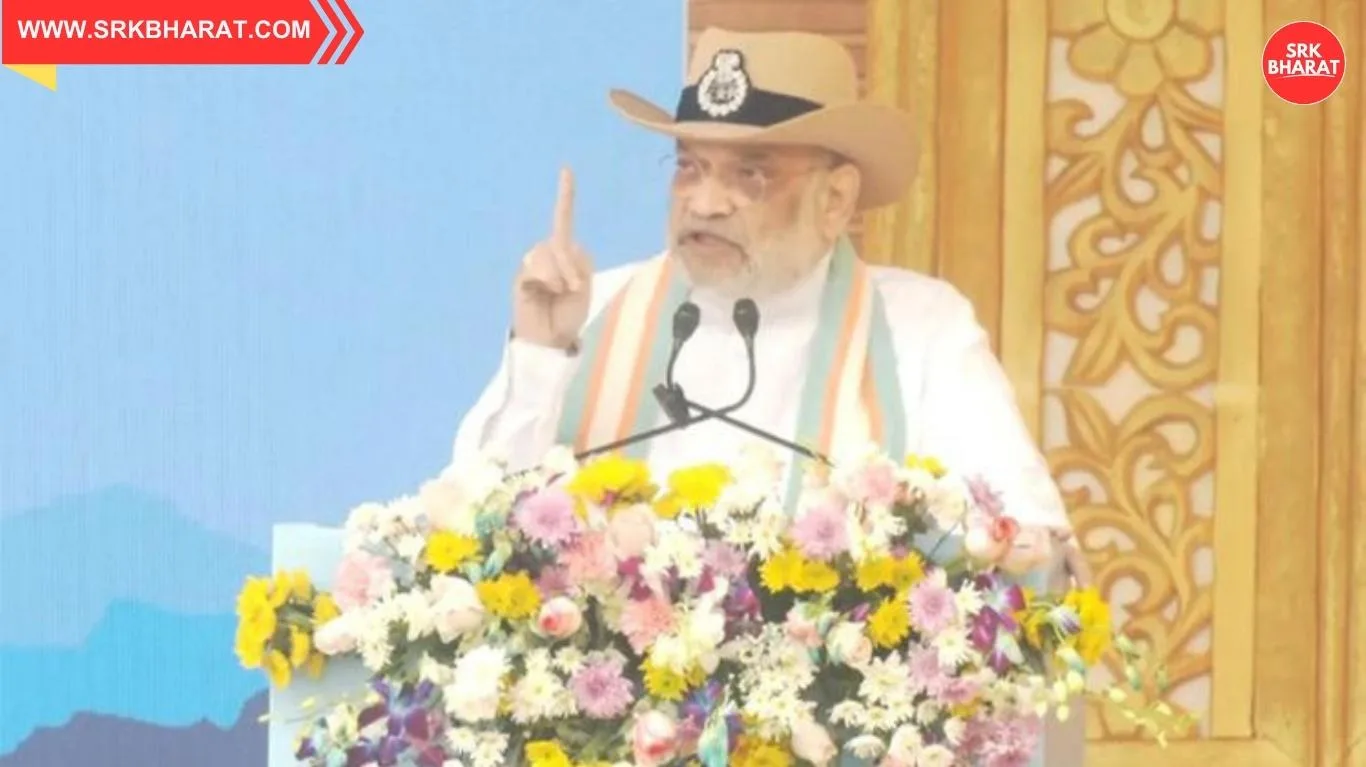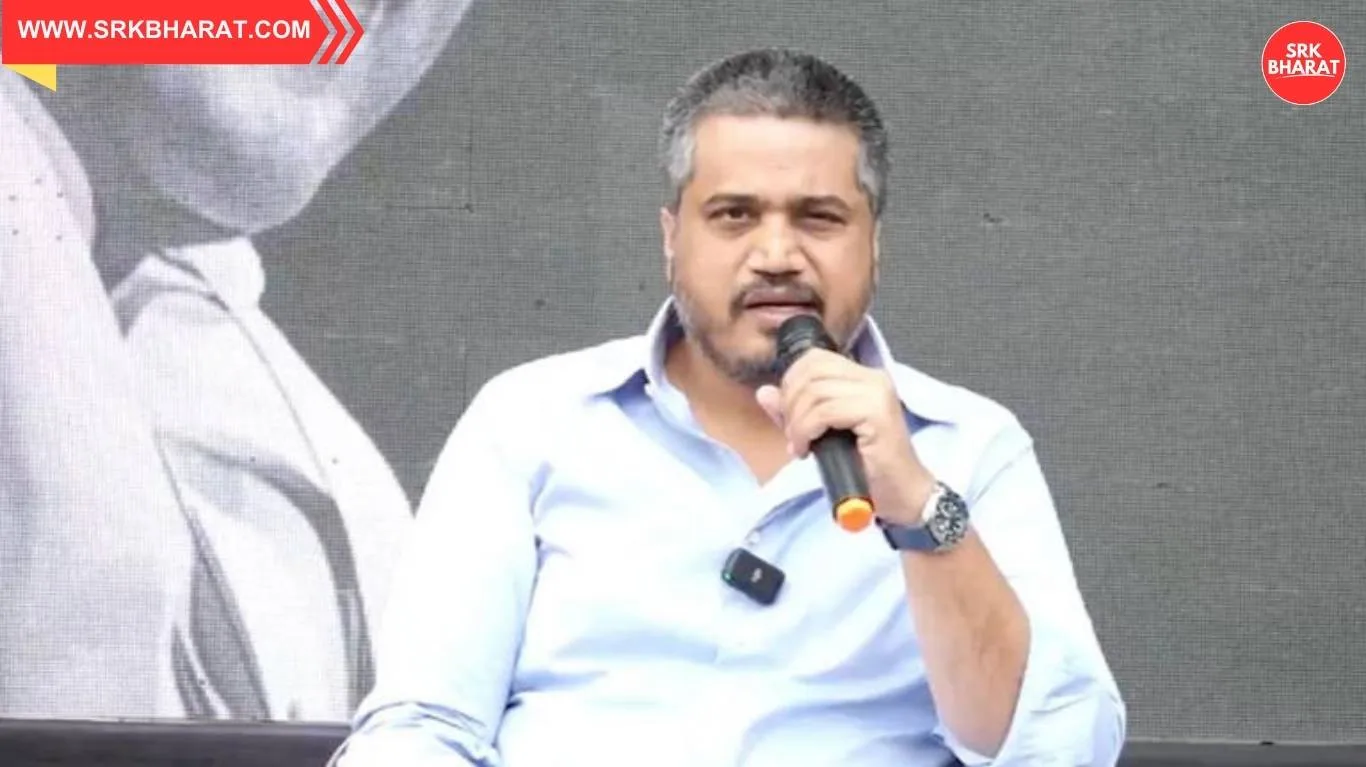Former Jammu and Kashmir Chief Minister and National Conference vice president Omar Abdullah is scheduled to meet West Bengal Chief Minister and Trinamool Congress supremo Mamata Banerjee in Kolkata on July 10, in what is being seen as a significant political outreach amid national security concerns and shifting opposition dynamics.
Key Highlights Of The Planned Meeting
- Date: Wednesday, July 10, 2025
- Venue: Nabanna, West Bengal Secretariat, Kolkata
- Participants: Omar Abdullah, Mamata Banerjee, select National Conference and TMC leaders
- Expected Agenda: National security issues, Jammu & Kashmir situation, opposition unity strategies
Sources close to both leaders indicated that apart from general political discussions, security concerns in Kashmir and the national security situation post recent terror incidents may form a major part of deliberations.
Why This Meeting Matters Now
The upcoming meeting comes at a time when:
- Fresh terror attacks in Jammu region have raised concerns over Pakistan-backed infiltration and revived militancy in border districts.
- Opposition parties are recalibrating strategies post Lok Sabha elections 2024, where regional parties like TMC and NC retained significant vote bases.
- Central government is pushing for J&K assembly elections, with major regional parties discussing pre-poll alliances and outreach plans.
Recent Developments In Jammu & Kashmir
| Issue | Update |
|---|---|
| Terror Attacks | Multiple targeted attacks in Rajouri, Poonch, and Kathua in June-July killed security personnel and civilians, triggering nationwide security alerts. |
| Assembly Elections | Supreme Court has directed the Election Commission to hold J&K assembly polls by September 2024; political mobilisation is underway. |
| Security Forces Ops | Army and paramilitary have intensified anti-terror operations, foiling infiltration bids along the LoC. |
| Tourism Push | Over 1 crore tourists visited J&K in 2024, indicating improved ground security but fragile stability. |
Omar Abdullah has repeatedly stressed that peace and political process must go hand in hand, criticising both terror groups and heavy-handed security measures that alienate youth.
Possible Discussion Points Between Omar Abdullah And Mamata Banerjee
| Topic | Rationale |
|---|---|
| Security Situation In Kashmir | To brief Mamata on ground realities, recent attacks, and implications for national security. |
| Opposition Strategy Post-2024 | Exploring regional party unity to influence central policymaking and protect state interests. |
| Upcoming Assembly Elections In J&K | Potential support frameworks and collaborative political messaging. |
| Centre-State Relations | Concerns over federalism, especially amid central agencies’ actions in opposition-ruled states. |
| Socio-economic issues | Employment, minority welfare, and regional development priorities. |
Political Significance Of The Meeting
This is the first high-profile outreach between National Conference and TMC after Lok Sabha polls, signaling realignment efforts. Analysts see it as:
- A platform to build consensus among opposition-ruled states on security and governance.
- An attempt by Omar Abdullah to garner support from influential regional leaders for greater autonomy demands in J&K.
- A push by Mamata Banerjee to reinforce her national opposition leadership credentials ahead of possible 2026 Bengal assembly polls and broader federal coalition discussions.
Expert Views
| Expert | Organisation | Comment |
|---|---|---|
| Prof. Sandeep Shastri | Political Scientist | “This meeting reflects emerging regional solidarity as national parties face credibility challenges.” |
| Lt Gen Syed Ata Hasnain (Retd) | Defence Analyst | “Security discussions are crucial. Political leaders from sensitive states sharing assessments helps national preparedness.” |
| Nilanjan Mukhopadhyay | Senior Journalist | “For Mamata, engaging J&K leaders enhances her national image. For Omar, it is strategic outreach beyond the Valley.” |
Statements From Political Leaders
- Omar Abdullah: “We must keep dialogue channels open across the country to ensure security, development, and democracy flourish together.”
- TMC spokesperson: “Mamata Banerjee welcomes leaders from all regions to discuss issues affecting India’s integrity and progress.”
Security Preparedness For The Meeting
West Bengal police, Special Branch, and central intelligence agencies are coordinating security arrangements, given recent threats to high-profile opposition leaders. Nabanna’s security grid will be in full operational mode during Omar Abdullah’s visit.
Recent Omar Abdullah Engagements
| Date | Event | Purpose |
|---|---|---|
| June 22 | Met PDP president Mehbooba Mufti in Srinagar | Opposition unity in J&K |
| July 3 | Addressed NC party workers in Baramulla | Pre-assembly election mobilisation |
| July 6 | Media briefing in Jammu | Criticised Centre over security lapses |
Future Implications
| Scenario | Possibility | Outcome |
|---|---|---|
| Strengthened opposition coordination | High | May influence national debates on federalism, security, and governance models. |
| Joint statements on Kashmir peace process | Medium | Could pressure Centre for confidence-building measures before polls. |
| Formation of broader regional alliance | Low (near term) | Could reshape opposition strategies for 2029 general elections. |
Social Media Reactions
- “Good to see regional leaders talking security seriously.”
- “Is this a political gimmick or genuine concern for Kashmir?”
- “Mamata as PM face again? Opposition unity seems impossible, but these meetings keep hopes alive.”
Conclusion
The meeting between Omar Abdullah and Mamata Banerjee on July 10 will be closely watched for both its political and security dimensions. As India navigates a complex regional security environment, rising terror threats, and evolving opposition equations, such engagements may play a crucial role in shaping the discourse on peace, federalism, and national governance priorities.
Disclaimer
This news article is prepared for general political and security news dissemination based on official party communications, security inputs, and expert analyses. Readers are advised to consult government statements, party releases, and certified strategic experts for precise insights before deriving conclusions or framing political, diplomatic, or operational decisions regarding national security and opposition strategies.











